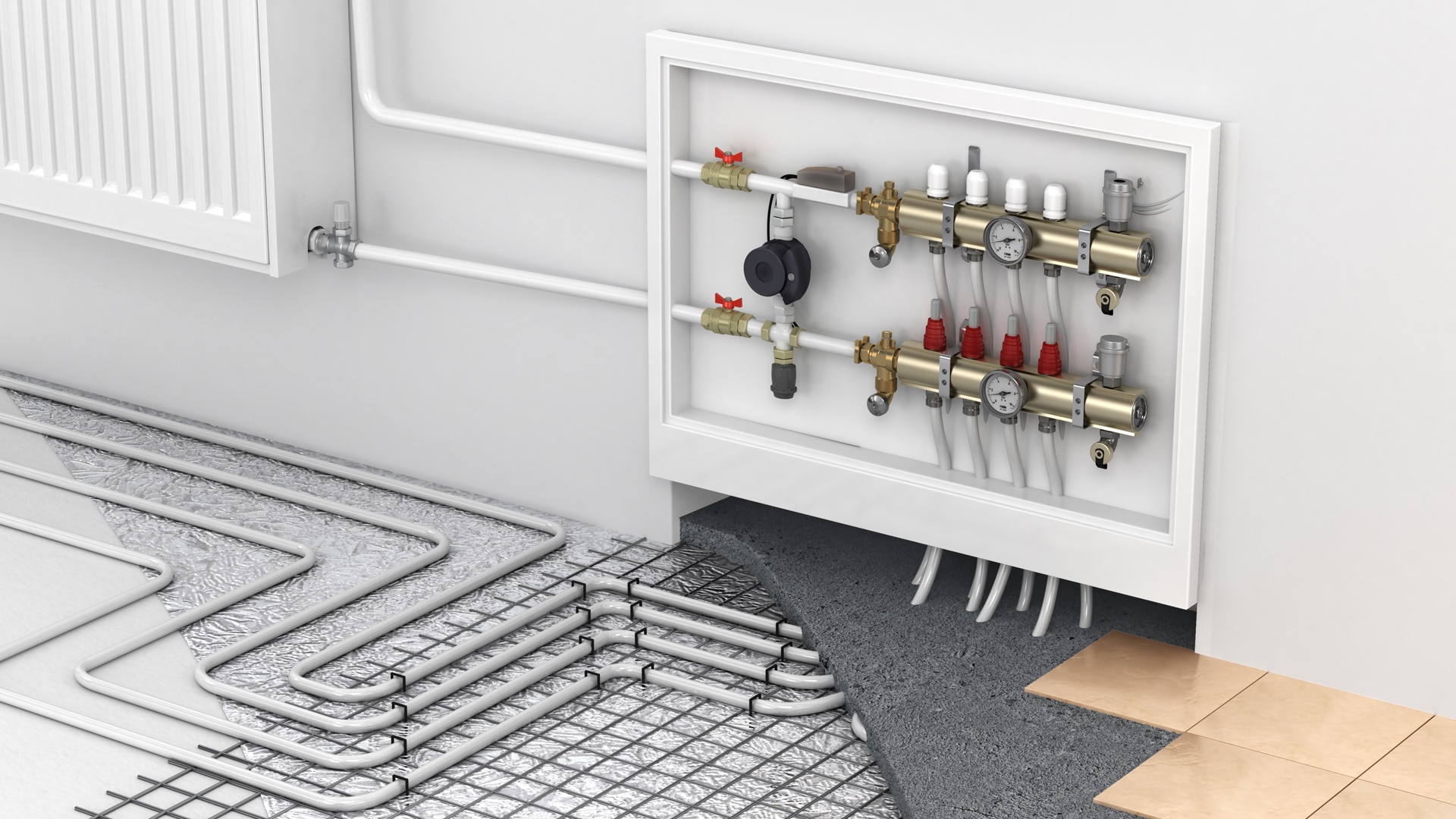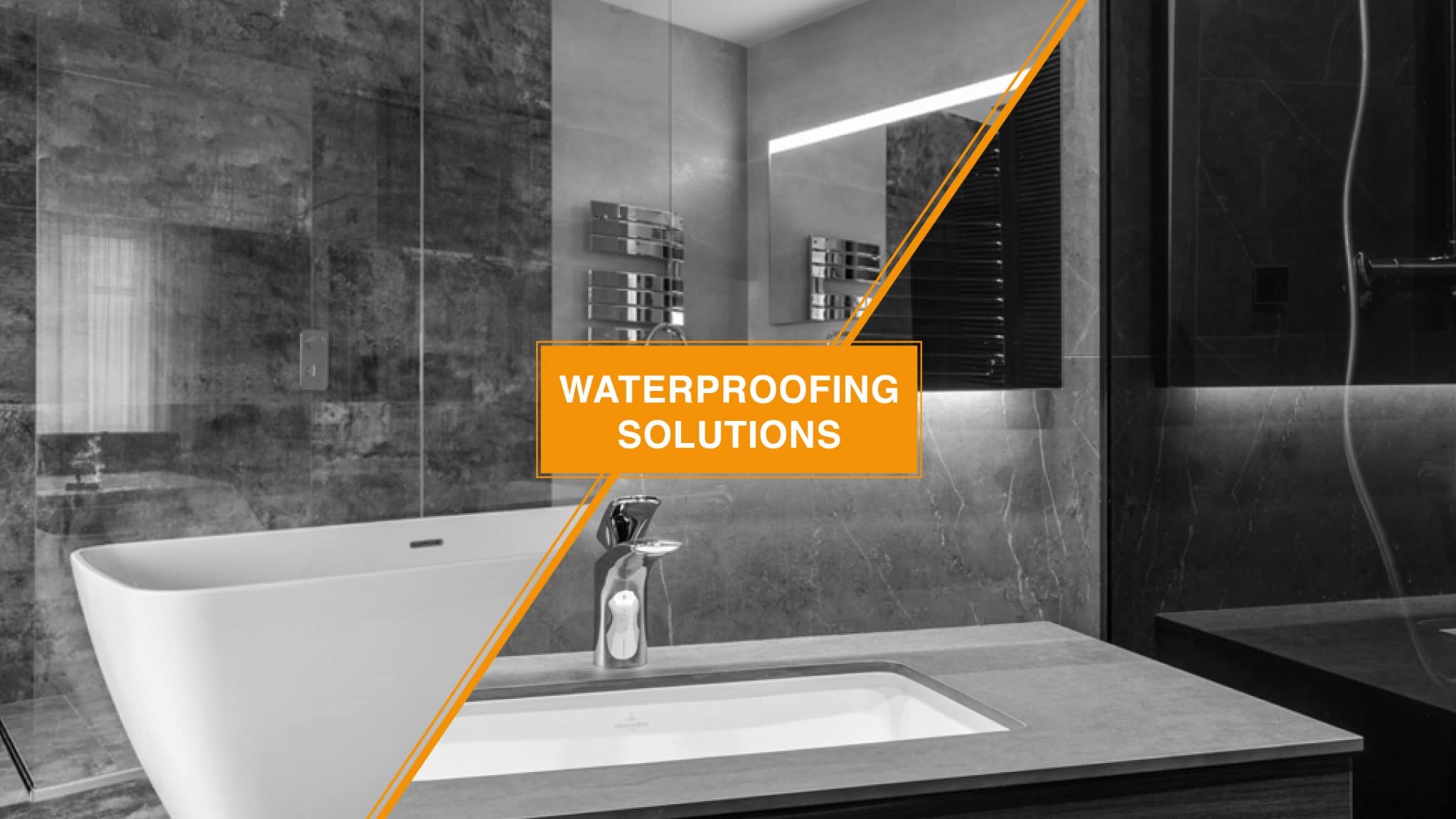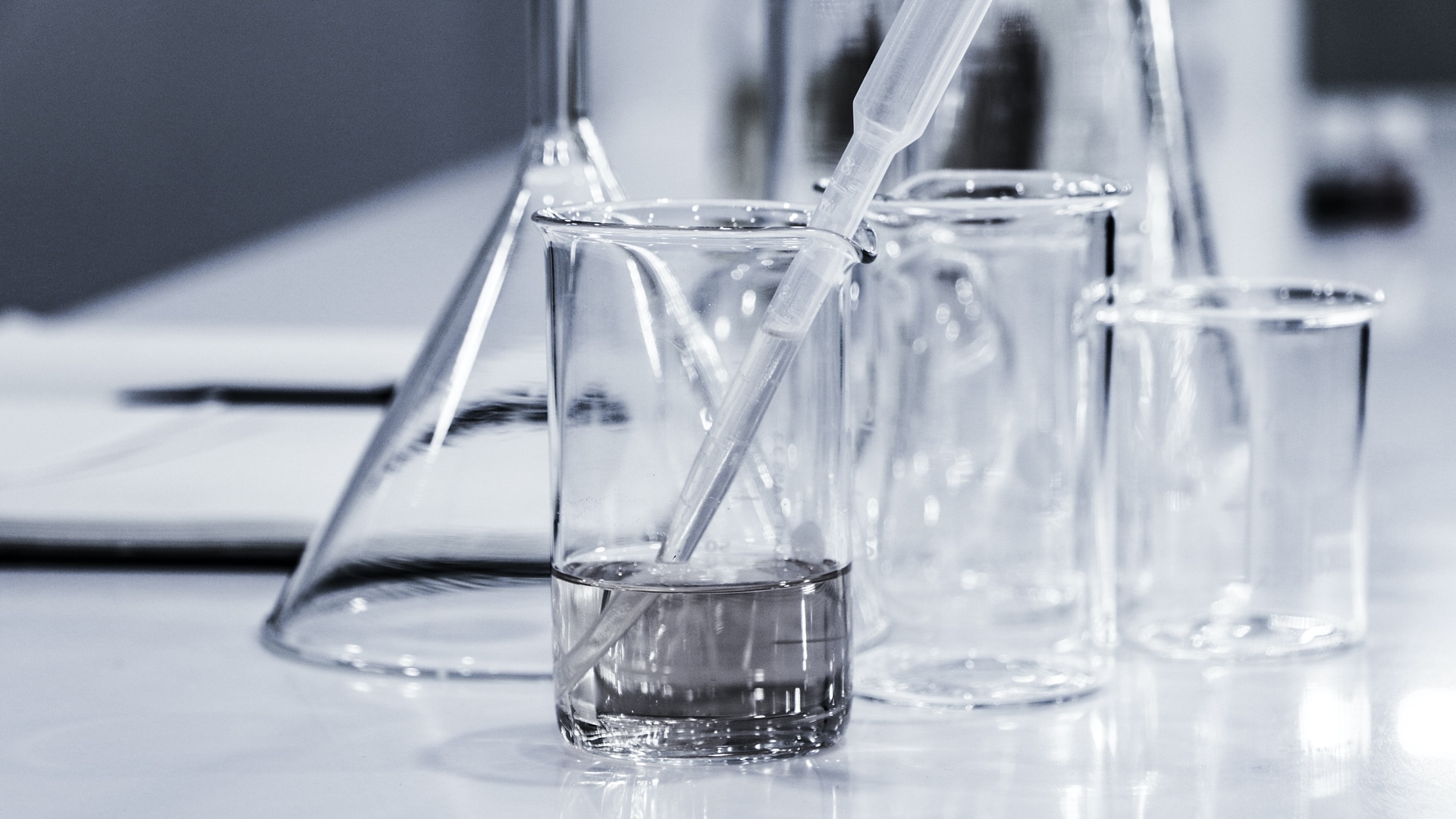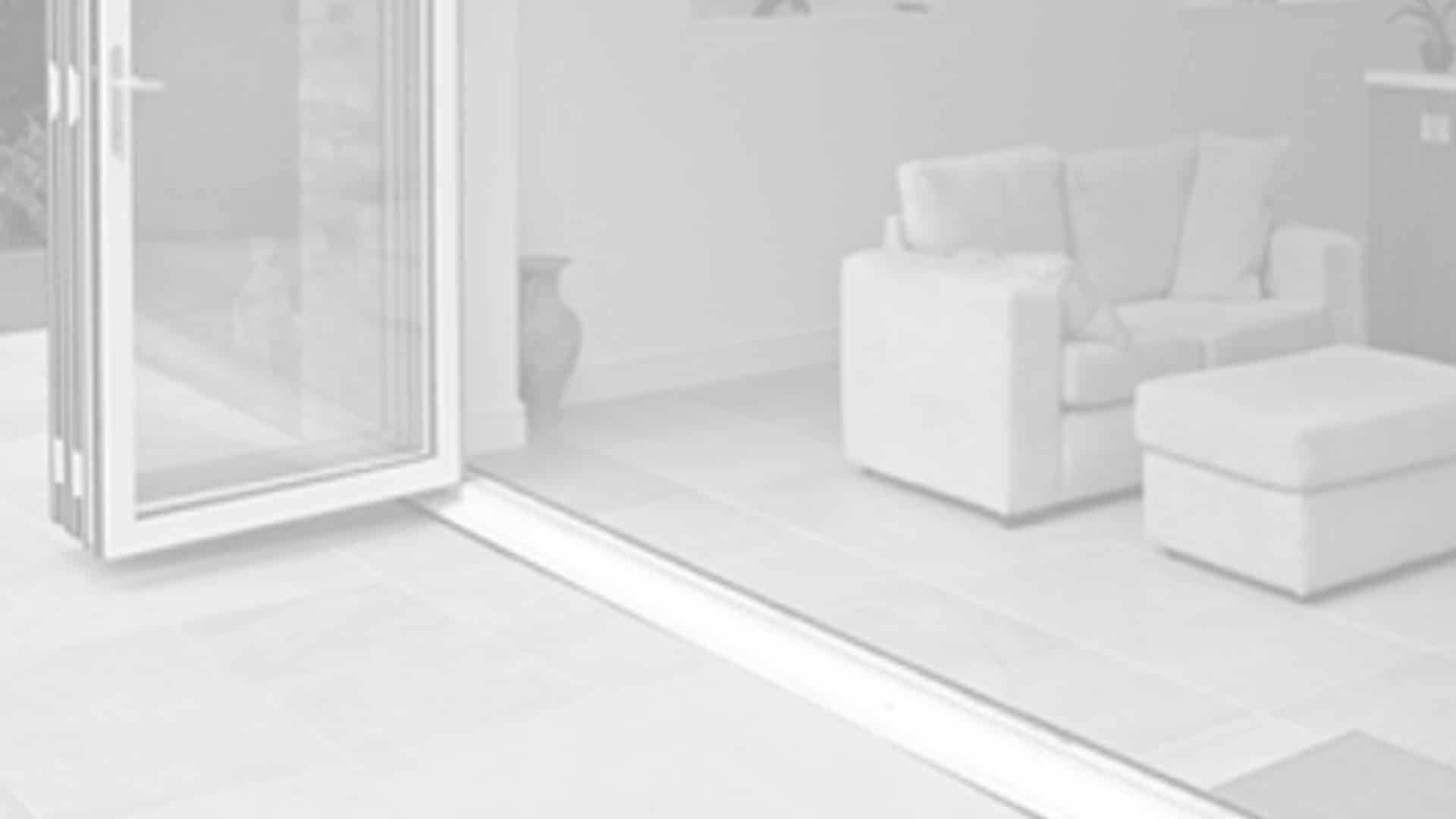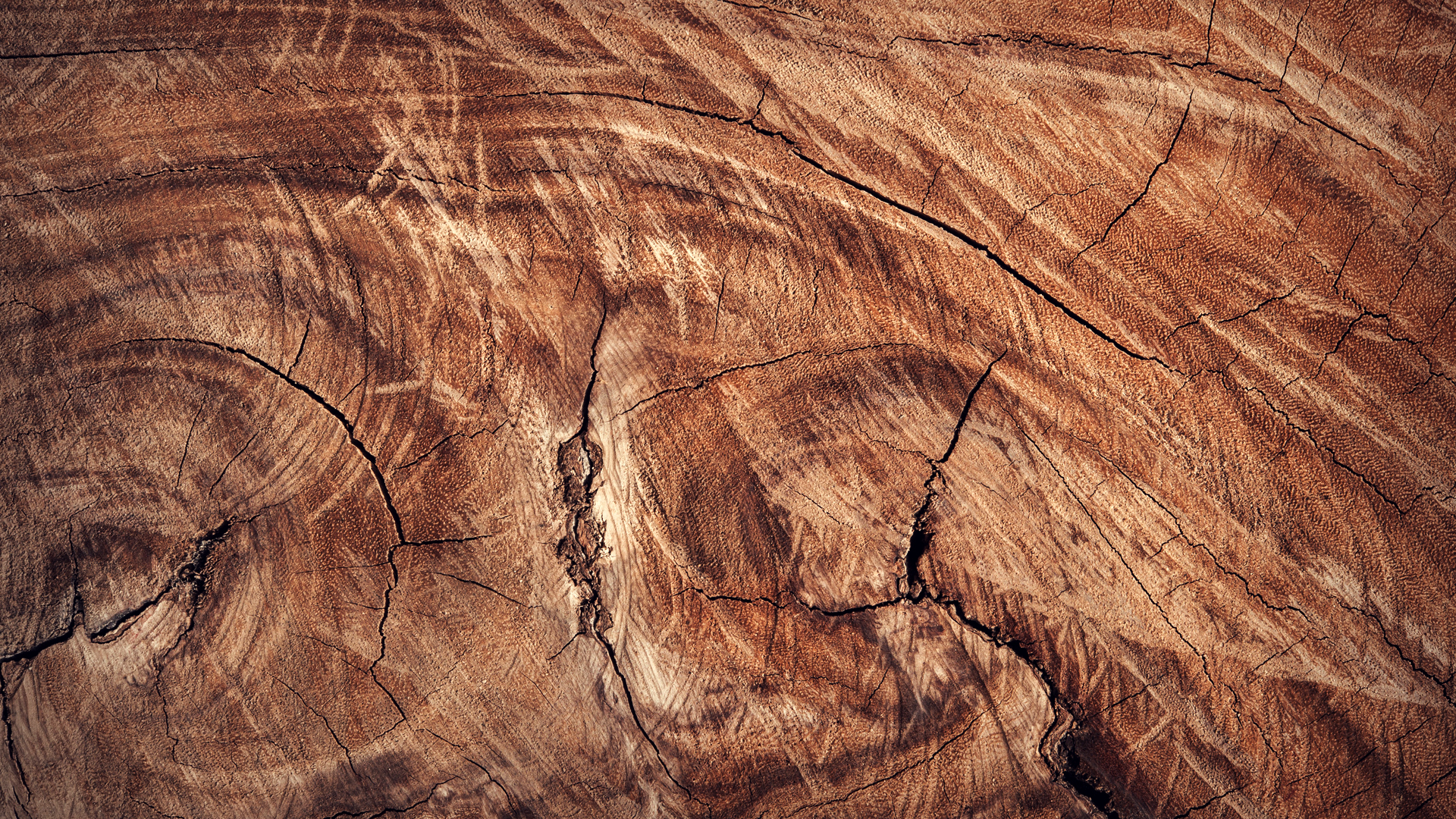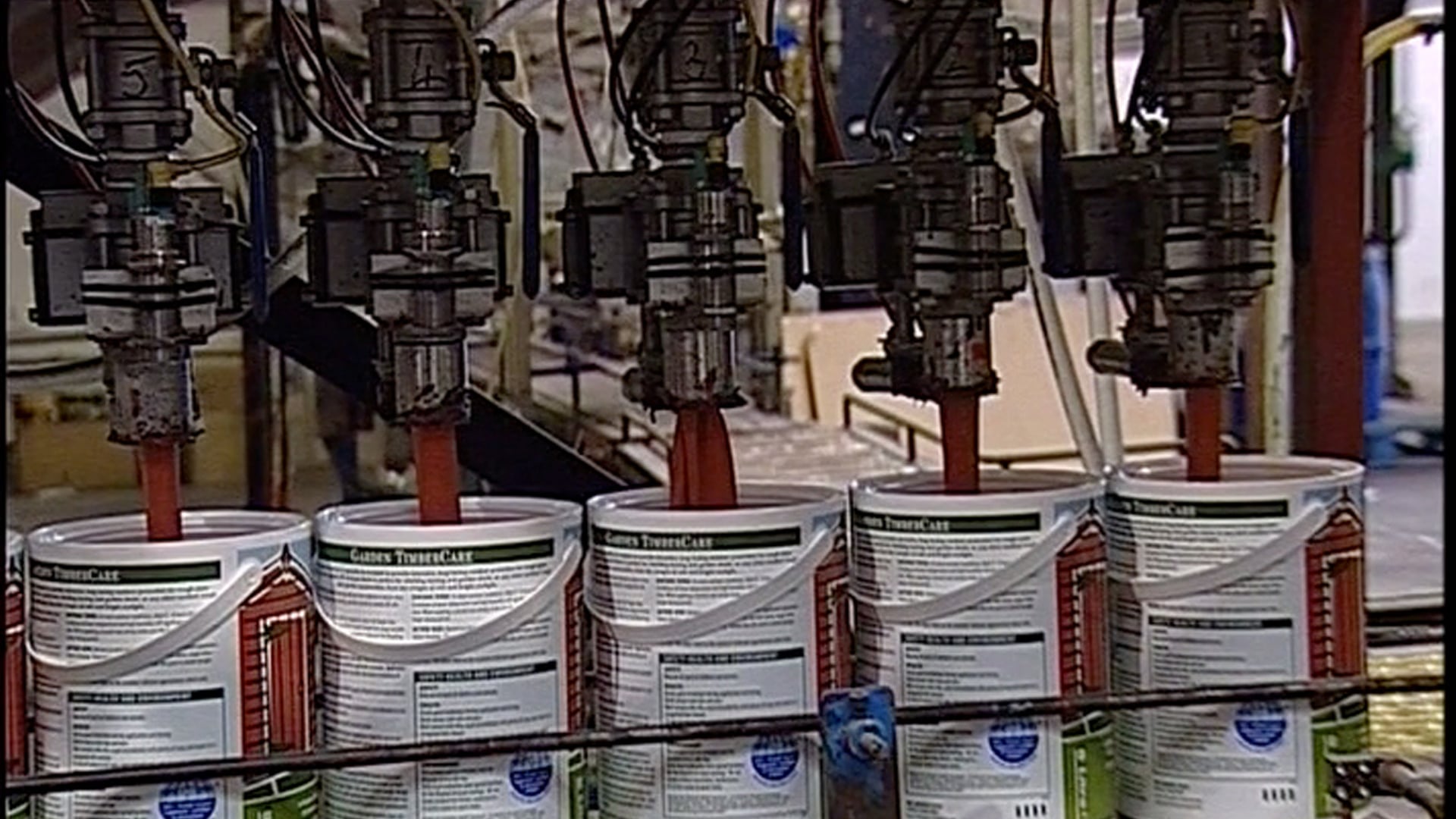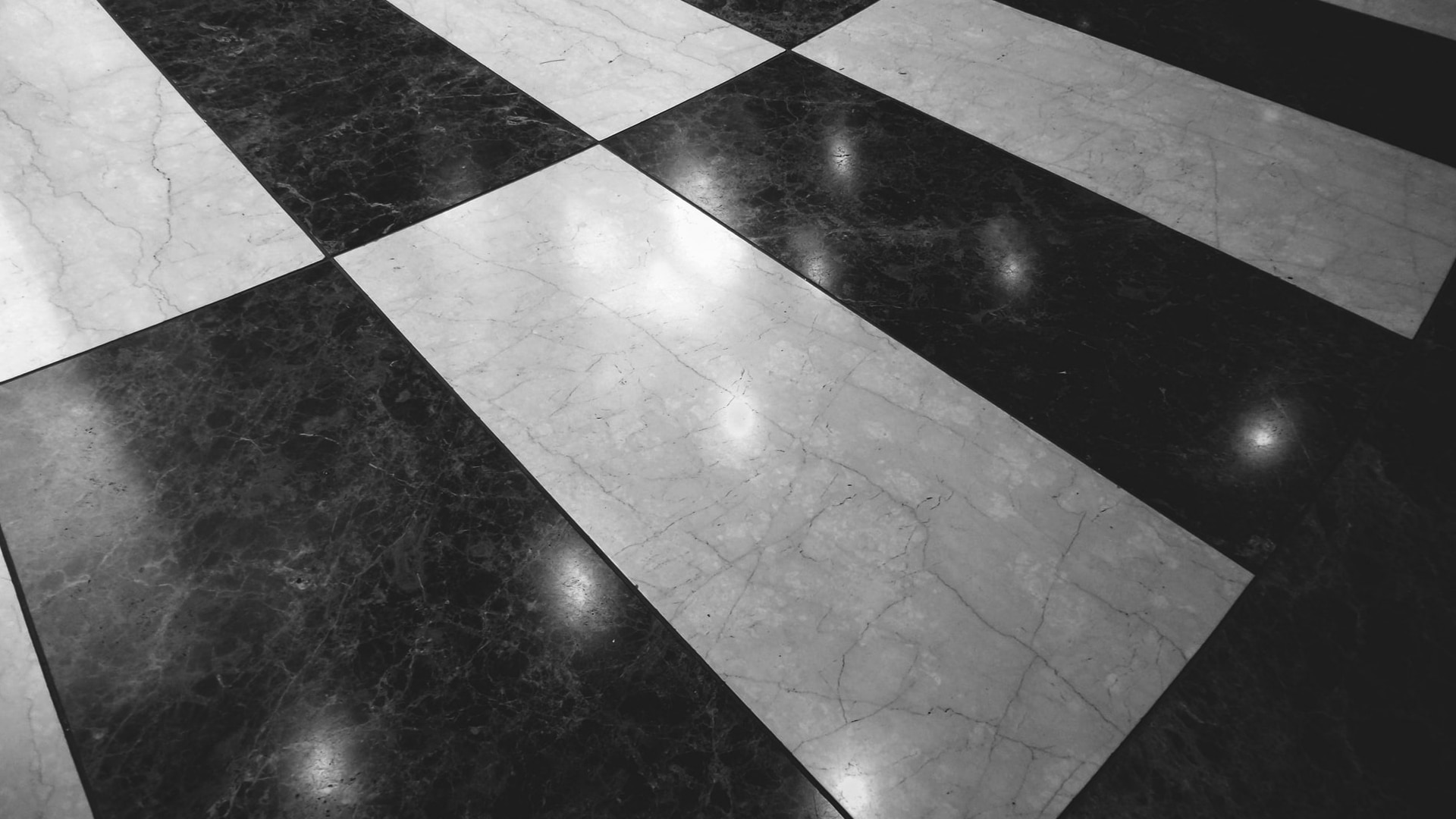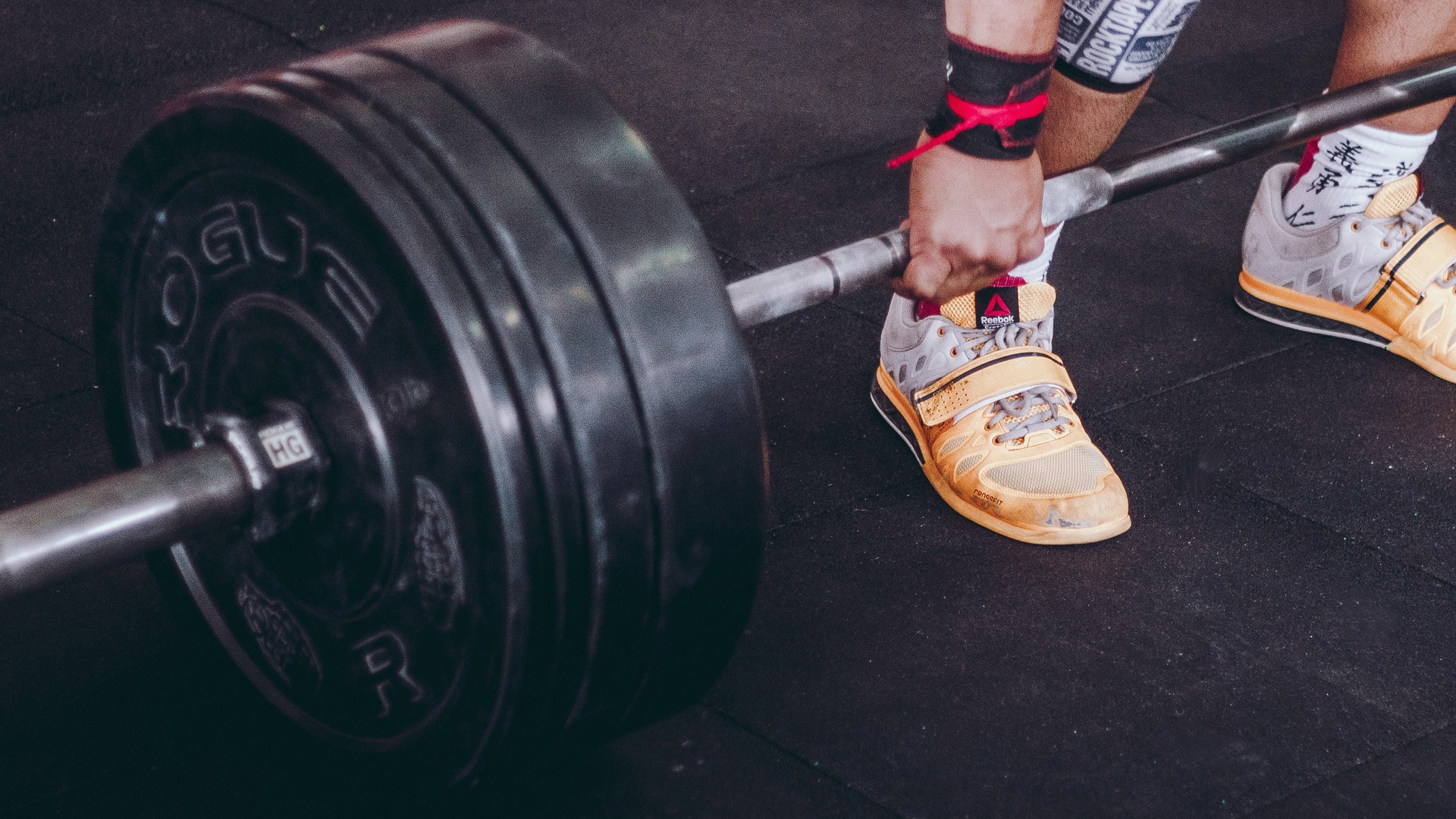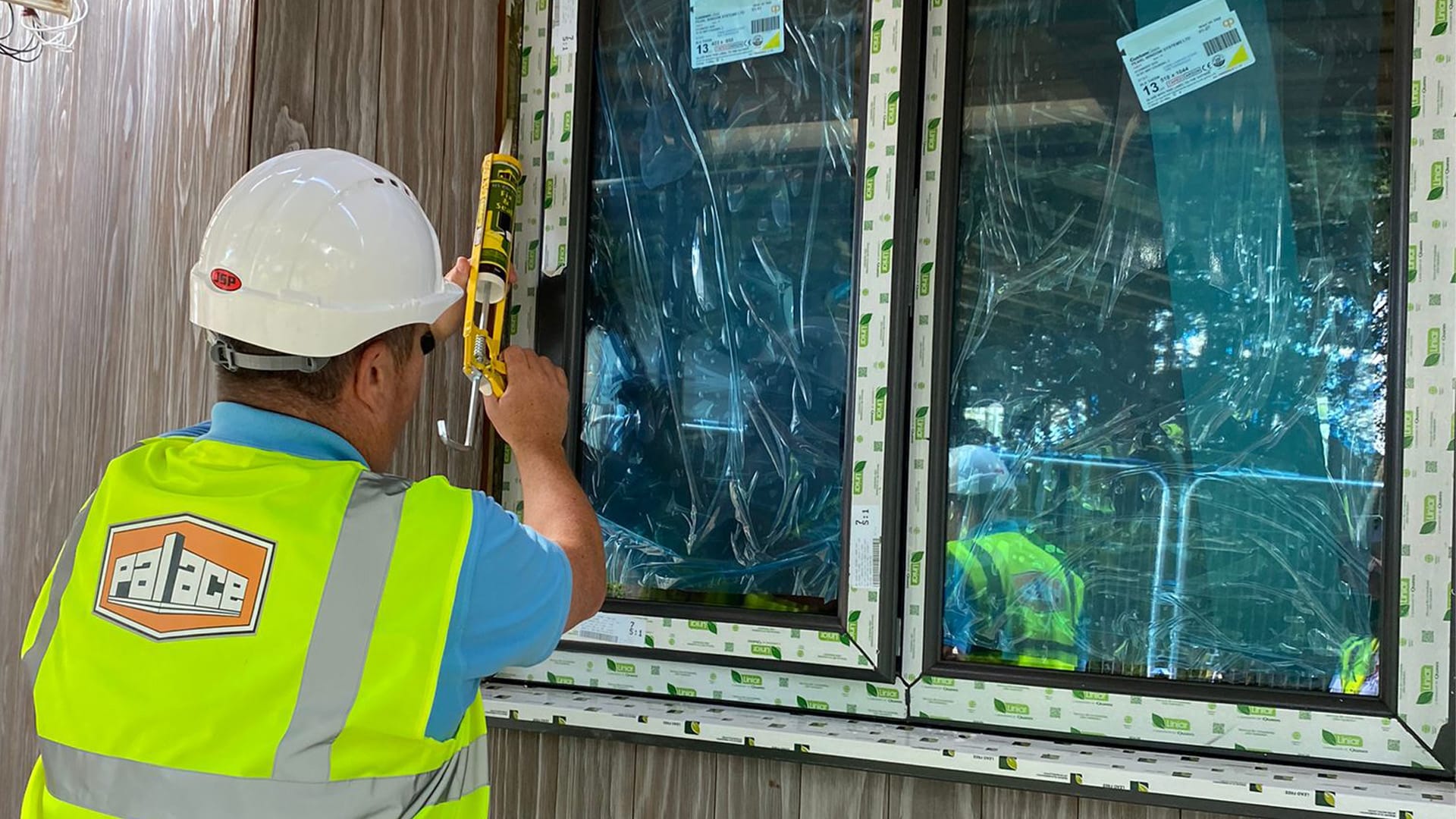
DIY SOS: The Big Build for Children in Need
A couple of months ago, our team at Palace Chemicals donated time and products to the DIY SOS: The Big Build for Children in Need, at the Treetops Hospice in Risley, Derbyshire. Here, James Broadhead, our National Sales Manager, talks about the 10 days that made a lifelong impact on him.
“From the moment we stepped out on site on a very rainy September morning, our team had an absolute blast helping BBC Children in Need and the DIY SOS: The Big Build team to create this amazing facility.
As soon as our PR team discussed the project with us, and we heard that Ian Hodgkinson would be making an appearance as the project manager, we knew we wanted to get involved.
Robbie and the team at the BBC were amazing from start to finish, and he was in regular contact with us all to establish which products would be specified for the build. We also attended a trades day a few weeks beforehand to meet the team in person.
It is truly staggering that the full project took less than two weeks given that it started with an open field! But with the help of fellow volunteers and the generosity of local and nationally based firms (as a collective), we managed to build and fit out a bespoke and totally dedicated counselling and bereavement therapy centre for young people at The Treetops Hospice in Risley.
I really can’t believe what was achieved in such a short period of time, and all to such a high standard.
Palace Chemicals is based in Liverpool as many of you will know, but many members of our team have connections to Derbyshire (including myself and Sales Director, Simon Clough). As one of the leading independent manufacturers of tiling, building, construction and DIY products in the UK, it was our pleasure to donate a range of supplies to this worthwhile project.
We donated products that we produce for the trade and retail alike – including ready mixer filler, white silicone, PVA adhesive, decorators caulk, wallpaper paste and skeleton guns – and we made sure work got underway without delay.
Of course, our time, enthusiasm and my tiling expertise came free too!
I found myself tiling a few of the kitchens – you might spot me in the background when BBC Radio 2’s Zoe Ball took time out to have selfies and chat to some of the volunteers – which was a surreal experience!
It was just tremendous. We all took a barren field and grew a place of hope, comfort and tranquillity that will serve those in our local community who are going through the worst of times. We put our love and skill into this place of healing and came out with our own sense of pride, accomplishment and satisfaction.
Joining a sea of volunteers and suppliers, we helped create sound-proofed counselling rooms, a multifunctional space for the charity’s group therapy projects, a complementary therapy room… There’s even a breathtaking, hand-crafted centrepiece tree in the welcome area, created with the help of singer Sam Ryder and Zoe Ball – and a restful outdoor seating area.
Oh, and did we mention that we met some other celebrity favourites along the way too?!
Scott Mills, Jeremy Vine, Richie Anderson, Owain Wyn Evans, and, of course, the brilliant BBC DIY SOS team… oh yes, we are not just mixing products, we are now mixing with the stars here at Palace Chemicals!
It was simply brilliant to be involved in such an amazing project and I’d say to anyone who has the opportunity to get involved with any good cause, just do it”.
Catch up with the project on BBC iPlayer and see if you can spot some local heroes.

